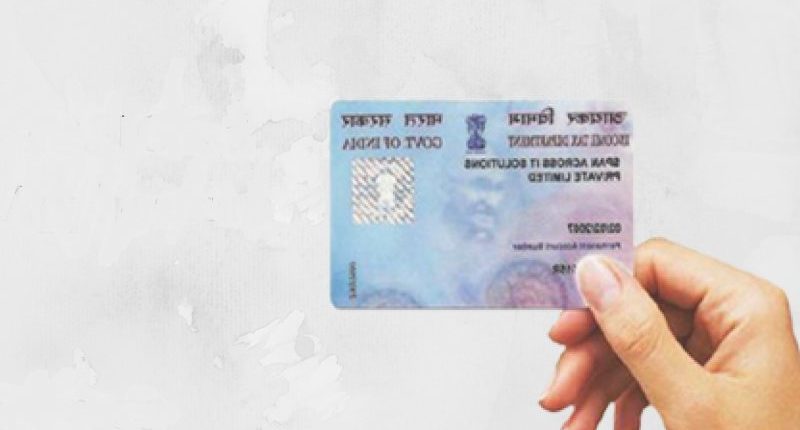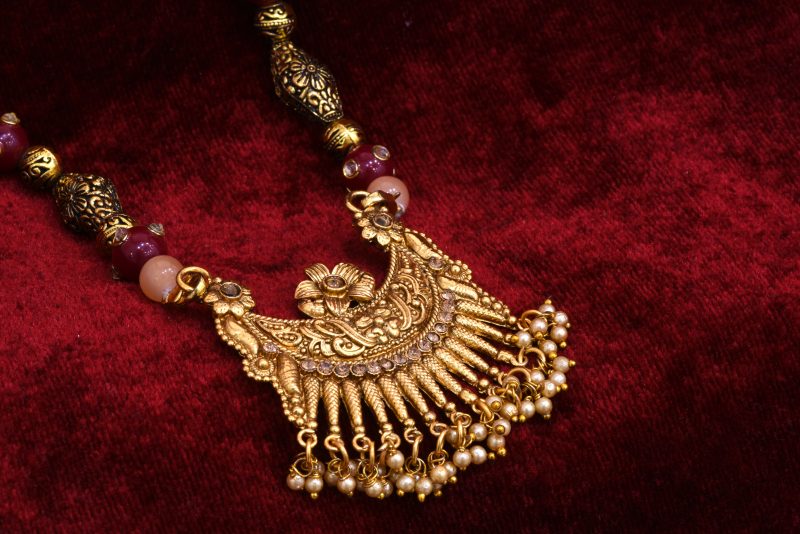Permanent Account Number (PAN) is a unique ten-digit alphanumeric identity issued by the income tax department to all the assessees. It also serves as an identity proof for the citizens of India. It is mandatory to quote the PAN for carrying out financial transactions in India such as receiving salary or professional fees, sale or purchase of assets over a specified value and much more.
The main objective of PAN is to track all the financial transactions made by the assessee that might have a taxable component. There are certain transactions like sale or purchase of immovable property or a four-wheeler vehicle where the chances of tax evasion are high. Quoting of PAN in these circumstances helps the government to identify and track the economic transactions and prevent the tax evasion.
Situations where quoting PAN is compulsory
The following are the situations where PAN is mandatorily required:
- For the payment of taxes such as self-assessment tax, advance tax, tax deducted at source or any demand under income tax
- For filing the income tax returns
- To avoid higher tax deduction under the TDS provisions
- For entering into specific transactions such as:
- Purchase or sale of immovable property exceeding Rs 5 lakh or more
- Purchase or sale of a vehicle other than a two-wheeler
- Payment to hotels or restaurants for an amount exceeding Rs 25,000 at any one time
- Cash payment for an amount exceeding Rs 25,000 in connection with travel to any foreign country
- Payment of an amount exceeding Rs 50,000 to the Reserve Bank of India for acquiring bonds
- Payment of an amount more than Rs 50,000 to a company or an institution for acquiring bonds or debentures
- Purchase of any mutual fund
- Purchase of jewellery or bullion for an amount exceeding Rs 5 lakh
- Payment of an amount exceeding Rs 50,000 to a company or an institution for acquiring bonds or debentures
An assessee can apply for PAN by filling up an application – Application for Allotment of Permanent Account Number (PAN). These applications can be made only through the prescribed formats, i.e. Form 49A (for Indian citizens) and Form 49AA (for NRIs).
Also Read: Deadline to link PAN and Aadhaar is 31 December 2019, says government
The applicants can download the form for free-of-cost here, fill it and send the signed PAN application form along with the supporting documents to any of the TIN-FCs or PAN Centres managed by NSDL e-Gov.
The form can also be applied online through TIN-NSDL website. However, the duly signed and photo affixed print out of the online application along with supporting documents, should be sent to below address:
INCOME TAX PAN SERVICES UNIT
(Managed by NSDL e-Governance Infrastructure Limited)
5th Floor, Mantri Sterling, Plot No. 341,
Survey No. 997/8, Model Colony,
Near Deep Bungalow Chowk,
Pune – 411 016
Can a person have more than one PAN?
It is advisable not to obtain more than one PAN as it is against the law and may attract a penalty of up to Rs 10,000. In case a person has been allotted more than one PAN, they may fill the PAN change request application by mentioning the PAN, which is being currently used on top of the form.
All other PAN/s accidentally allotted to them shall be mentioned at item no. 11 of the form and the corresponding PAN card copy/s should be attached for cancellation along with the form.
Documents required to be submitted along with the application form
The following documents are required to be provided with the application form:
- Proof of identity (POI) such as Aadhaar card, Voter’s ID, driving license, passport, ration card, and so on.
- Proof of address (POA) such as Aadhaar card, Voter’s ID, driving license, passport, latest tax assessment order, and so on.
- Proof of date of birth (PODB) (applicable only for individuals & HUFs) such as Aadhaar card, Voter’s ID, driving license, passport, matriculation certificate, birth certificate issued by the municipal corporation, and a marriage certificate issued by the registrar.
- In case of an applicant other than individuals or HUFs, the proof of identity and proof of address with the copy of the certificate of registration issued by the respective authorities such as registrar of companies and registrar of firms/LLPs.
The documents for POI and POA depend on the citizenship and the status of the applicant.
For any clarifications/feedback on the topic, please contact the writer at komal.chawla@cleartax.in
I am an aspiring Chartered Accountant. I spend most of my free time dredging through the various Indian finance subreddits. I am a semi-professional bowler with a high strike rate every time there is a new tax reform!





